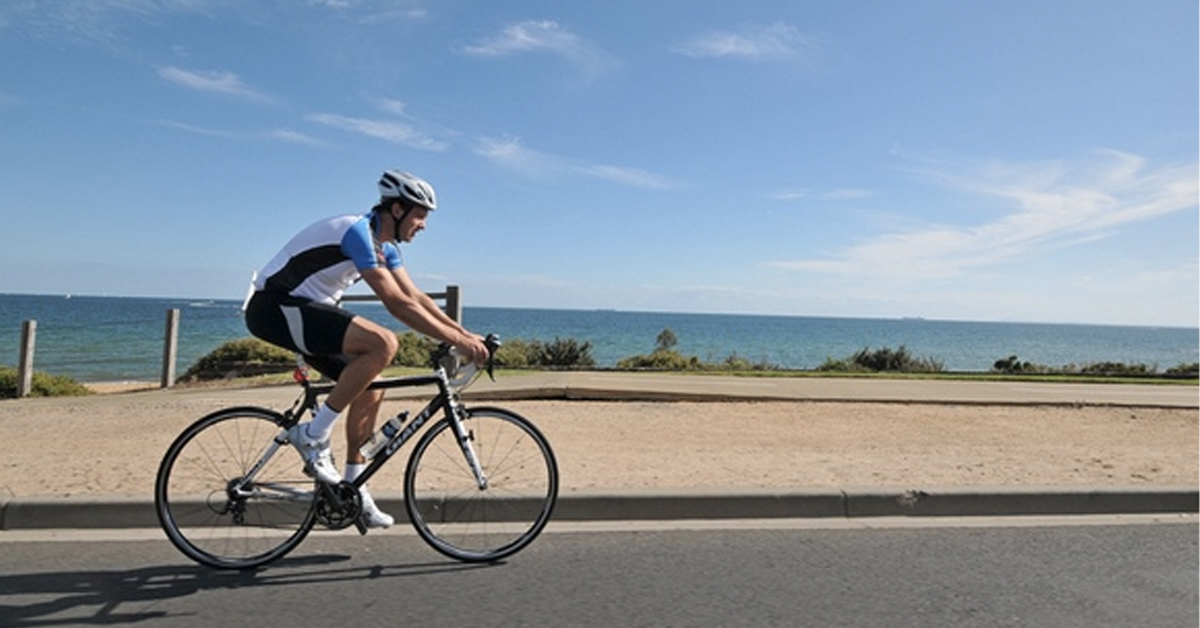Cycling
Cycling sets stricter rules for transgender athletes
The UCI has doubled the low-testosterone transition to two years and also reduced the maximum level of testosterone in the body, in a set of changes meant for transgender athletes, effective from 1st July.

Cycling's governing body updated its eligibility rules for transgender athletes with stricter limits that will force riders to wait longer before they can compete. The International Cycling Union (UCI) increased the transition period for low testosterone to two years and lowered the maximum accepted level of testosterone.
The previous transition period was 12 months but the International Cycling Union (UCI) said recent scientific studies show that "the awaited adaptations in muscle mass and muscle strength/power" among athletes who have made a transition from male to female takes at least two years.
"Given the important role played by muscle strength and power in cycling performance, the UCI has decided to increase the transition period on low testosterone from 12 to 24 months," the governing body said after a management board meeting.
The UCI also cut the maximum testosterone level allowed in transgender athletes to 2.5 nanomoles (nmol) per litre instead of the current five. "This value corresponds to the maximum testosterone level found in 99.99% of the female population," the governing body said. It added that the adjustment "is intended to promote the integration of transgender athletes into a competitive sport while maintaining fairness, equal opportunities and the safety of competitions."
The rule will come into effect on July 1.
The International Olympic Committee updated its own guidance on transgender eligibility last November but left it to individual sports bodies to set their own rules. The IOC said then that "athletes should be allowed to compete but unfair advantage needs to be regulated." Critics of the transgender athlete policy have argued that some physical benefits are retained by women who have gone through male puberty.
Swimming's world body FINA is due Sunday to publish its policy on transgender athletes.
